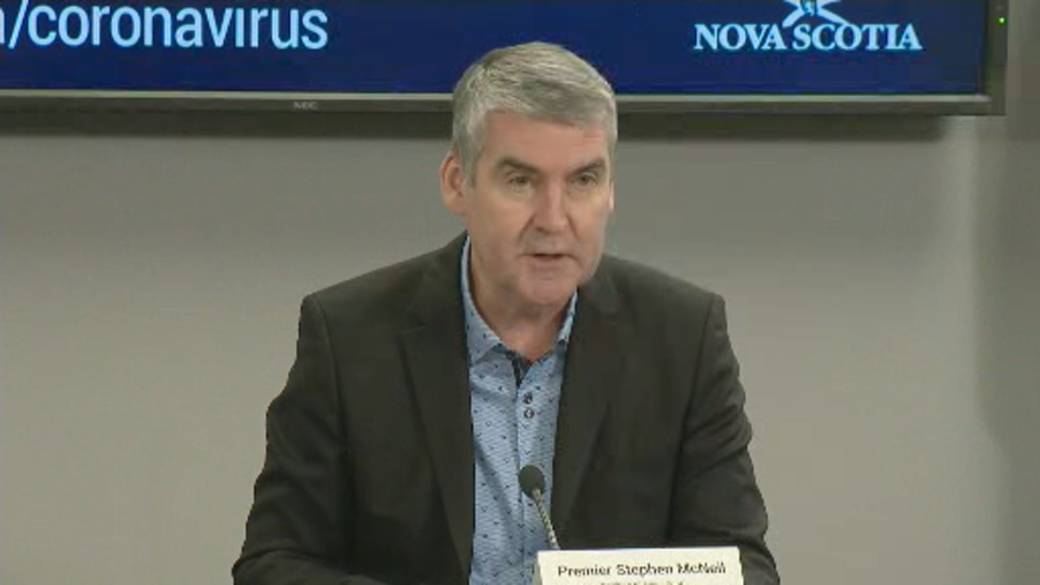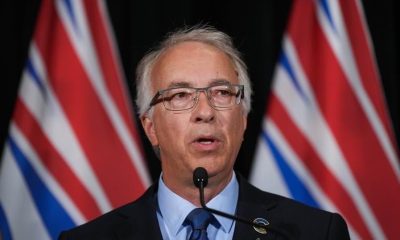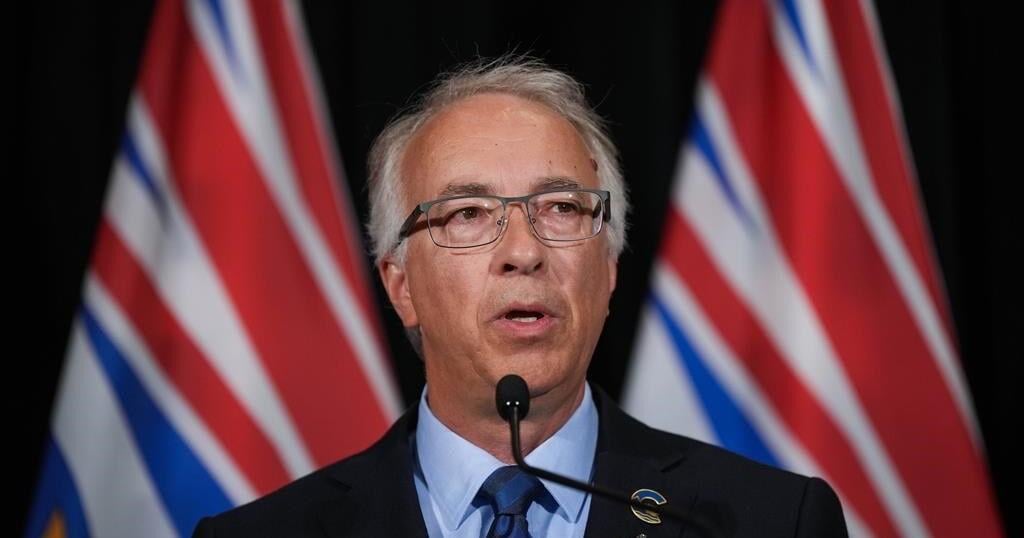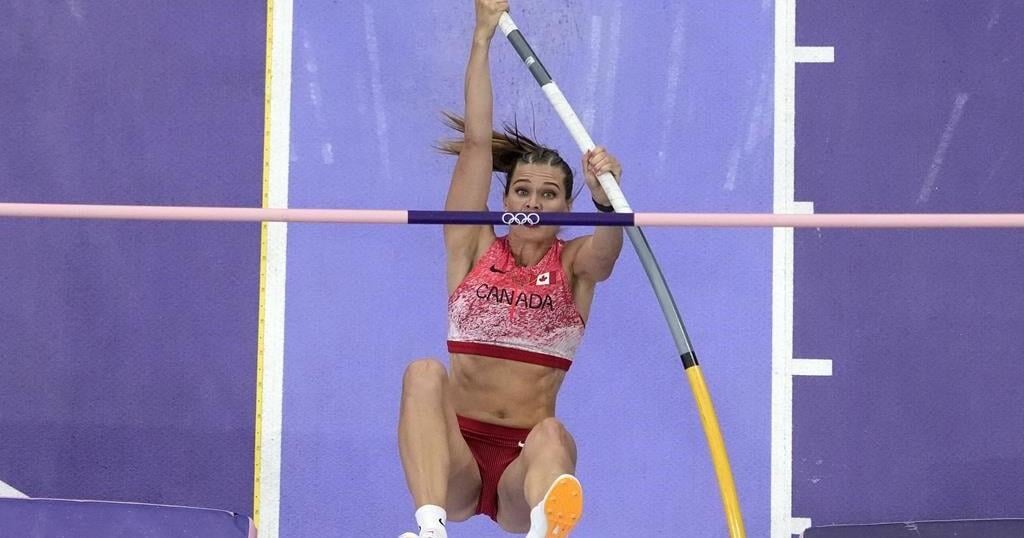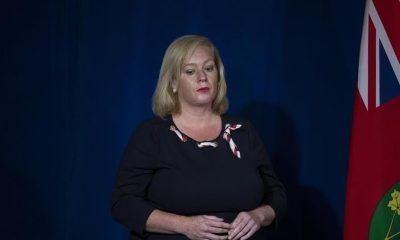VANDERHOOF, B.C. – British Columbia Conservatives are promising changes they say will bring more stability to the province’s struggling forest industry.
Leader John Rustad announced his plan for the sector a week before the official launch of the provincial election campaign, saying a Conservative government would do away with stumpage fees paid when timber is harvested and instead put a tax on the final products that are produced.
Rustad said Saturday that under a provincial Conservative government, a small fee may be charged upfront, but the bulk would come at the end of the process, depending on what type of product is created.
He also promised to review how wildfires are managed, as well as streamline the permit process and review what he calls the province’s “uncompetitive cost structure.”
“British Columbia is by far the highest cost producers of any jurisdiction in North America. We need to be able to drive down those costs, so that our forest sector can actually be able to do the reinvestment, to be able to create the jobs and make sure that they’re still there to be able to support our communities,” he said.
The governing New Democrats meanwhile, say eliminating stumpage fees would inflame the softwood lumber dispute with the United States and hurt forestry workers.
In a statement issued by the NDP, Andrew Mercier, the party’s candidate in Langley-Willowbrook, said Rustad failed to support the industry when he was in government under the former BC Liberals.
“Not only will Rustad’s old thinking and recycled ideas fail to deliver, his proposal to eliminate stumpage would inflame the softwood lumber dispute — punishing forestry workers and communities,” Mercier said, accusing Rustad of ignoring the complexity of the challenges facing the industry.
The softwood lumber dispute between the U.S. and Canada stretches back decades. In August, the U.S. Department of Commerce nearly doubled duties on softwood lumber.
International Trade Minister Mary Ng has said Canada has taken steps to launch two legal challenges under the Canada-United States-Mexico Agreement.
Rustad said a provincial Conservative government would push hard to get a deal with the United States over the ongoing dispute “whether it’s with the rest of Canada or by itself.”
He said his party’s proposed changes are in the name of bringing “stability” and “hope” to the industry that has seen multiple closures of mills in rural communities over the last several years.
Most recently, Canfor Corp. decided to shutter two northern British Columbia sawmills earlier this month, leaving hundreds of workers unemployed by the end of the year.
According to the United Steelworkers union, Canfor has closed 10 mills in the province since November 2011, including nine in northern B.C.
Jeff Bromley, chair of the United Steelworkers wood council, said Saturday the idea of changes in favour of taxing the final product has been floated in the past.
He said the finer details of the Conservative plan will be important, but that the system needs to be improved and “new ideas are certainly something I’d be willing to entertain.”
“Something needs to happen, or the industry is just going to bleed and wither away and be a shadow of its former self,” Bromley said.
“Politics aside, if (Rustad) can come up with a policy that enables my members to work, then I would be supportive of that. But then I’m supportive of any government that would come up with policies and fibre for our mills to run. Period.”
When Canfor announced its latest closures, Forests Minister Bruce Ralston said the sector was a “foundational part” of the province and the current NDP government would work to support both local jobs and wood manufacturing operations.
This report by The Canadian Press was first published Sept. 14, 2024

